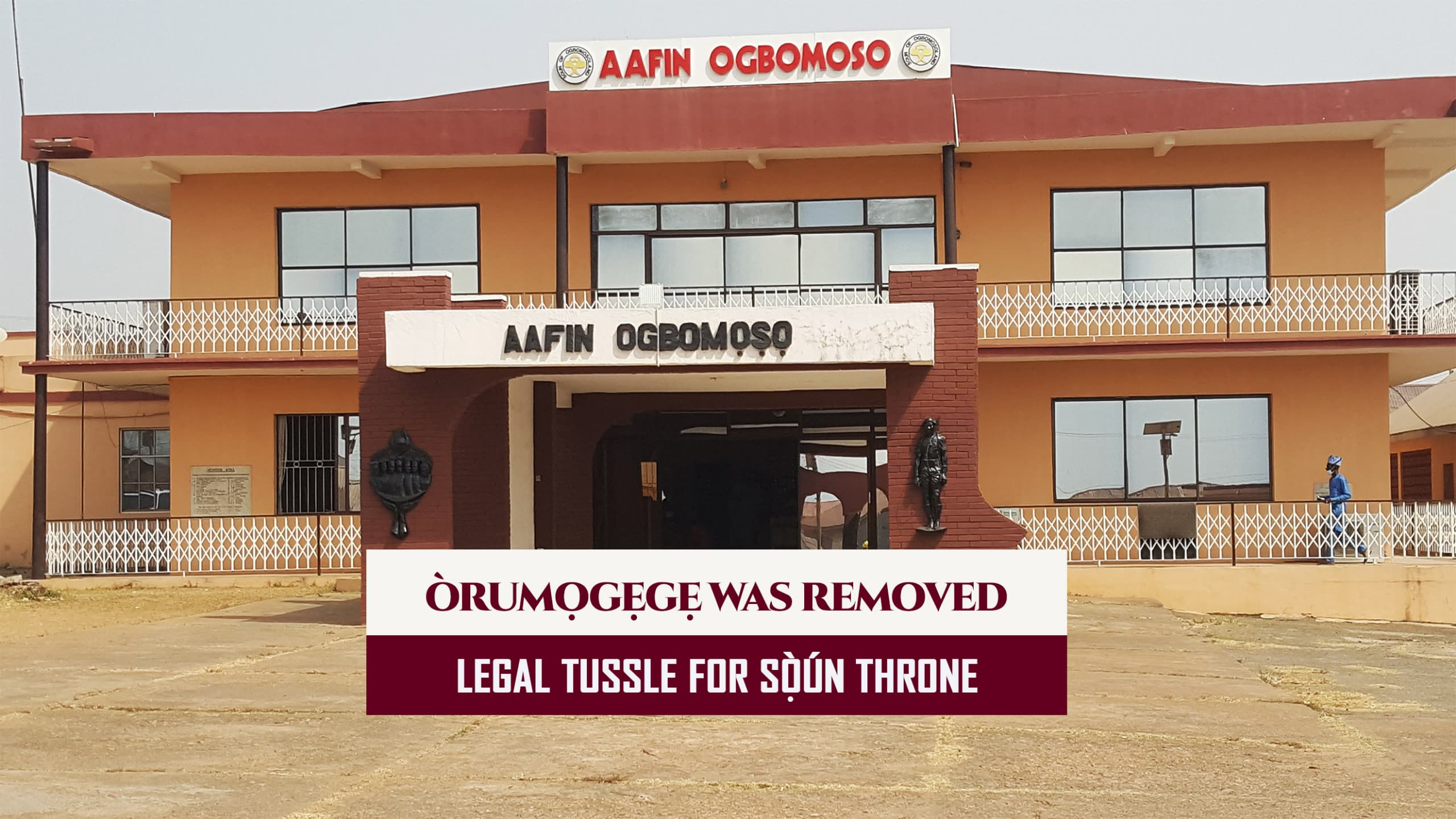Lamiju Akala’s bill on creation of New Oyo state passes second reading – proposes Ogbomoso as capital
Yinka ADETUNJI
Advertisement
A bill seeking for creation of New Oyo state with Ogbomoso as capital has passed second reading at the House of Representatives
The first reading was presented at the floor of the house on February 27, 2024.
The bill was sponsored by Hon Olamijuwonlo Ayodeji Alao-Akala, lawmaker representing Ogbomoso North South and Oriire federal constituency.
Advertisement

The bill seeks to amend the constitution of the Federal Republic of Nigeria.
Amendment Bill), 2024, by amending Part 1 of the First Schedule, with the
objective of creating two new states – Ibadan/Ibadan and Oyo/Ogbomoso.
According to him Ibadan state with Ibadan city as capital will have the 11 local government areas in Ibadan and the 3 in Ibarapa.
These council areas include Akinyele, Egbeda, Ibadan North, Ibadan South-West, Ibadan South East, Ibadan North-East, Ibadan North-West, Lagelu, Oluyole, Ona Ara, Ido, Ibarapa East, Ibarapa Central and Ibarapa North.
The proposed new Oyo state with Ogbomoso as state capital will have Afijio, Atiba, Atisbo, Ogo Oluwa, Irepo, Iseyin, Itesiwaju, Iwajowa, Kajola, Oriire, Olorunsogo, Oorelopo, Oyo East, Oyo West, Saki East, Saki West, Surulere, Ogbomoso North and Ogbomoso South.
Advertisement

Leading the debate, Hon Olamijuwonlo Alao Akala said “Creating Ibadan as a state would honor this legacy and provide a platform to preserve and promote the unique Yoruba culture and traditions that Ibadan embodies.
He adds that the establishment of Ibadan as a state and to serve as its own capital would not only benefit its citizens but also contribute positively to Nigeria’s national development. As a state, Ibadan would have the autonomy to develop its cultural and historical assets, which are crucial to Nigeria’s national identity.
“Currently, Ibadan, the capital of Oyo state, dominates as a commercial hub, but shifting some of the focus to Ogbomoso could encourage infrastructure development and economic growth in underdeveloped areas.
Advertisement
“The case for Ogbomoso as the capital stems from being the second-largest city in Oyo state after Ibadan, its historical role as a crucial town in Yoruba history, and its central location in the state.
“Ogbomoso is rapidly growing in terms of population and urbanization. As the second largest city in Oyo state after Ibadan, it has experienced considerable population growth, and it is likely to continue growing due to its increasing urbanization and economic opportunities. By positioning Ogbomoso as the capital of Oyo state, there could be an opportunity to create more balanced development throughout the state.”
He maintained that Ogbomoso stands as a symbol of regional unity and progress. “Geographically, Ogbomoso is strategically placed with excellent road and rail links to other major cities. It serves as a bridge between the northern and southwestern parts of the nation, and also has a robust history of commerce, educational institutions, and an emerging local economy that has shown tremendous potential for growth. Ogbomoso would serve as the perfect administrative and political capital, not only because of its geographical location but also due to its rising infrastructure and industrialization.
Advertisement
“The capital city would draw attention and investments from both the federal government and private investors, sparking a new wave of development. The economic and administrative growth this development promises will create balance and accommodate the growth that has long been stifled for them particularly, and for Nigeria generally.
“The creation of Ibadan as a state and its own capital, and Ogbomoso as the capital of Oyo state is a strategic and timely move for the advancement of the southwest region of Nigeria. It will promote balanced economic growth, facilitate better governance, encourage decentralized decision-making, and provide an opportunity for sustainable development that reflects the needs of the people,” he concluded.




